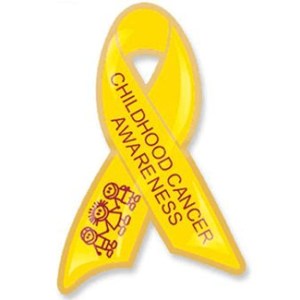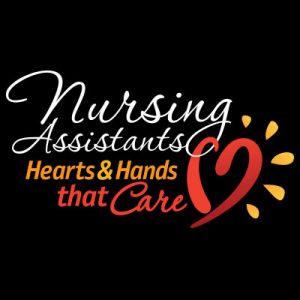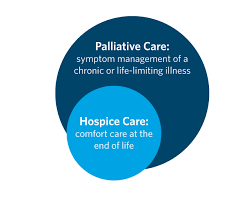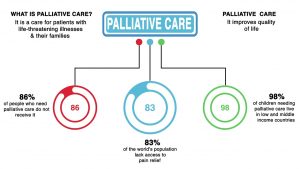As we continue into month 7(ish) of the COVID-19 pandemic, this virus continues lead the news, social media, talk shows, and our daily thoughts and actions. We’ve all adopted new actions and phrases in our daily lives such as wearing a mask and “social distancing” and “hotspots”, to name a few.
We are all pros at checking for symptoms of the virus- fever of 100.4°F or higher, cough, shortness of breath and/or difficulty breathing, sudden loss of taste or smell, muscle/body aches, nausea or vomiting or diarrhea, etc. Sadly, what has not changed is the numerous individuals still facing serious illnesses.

Serious Illness and COVID-19
Serious illnesses include, but are not limited to, COPD, heart disease, dementia, Parkinson’s, CHF, MS, diabetes, cirrhosis, kidney disease, and others. These illnesses require access to medical providers and treatment, even during a pandemic. At the beginning of the pandemic, these treatment options were difficult to come by. Now treatment options are becoming easier to obtain, but there are more ways to access your treatment possibilities.
Hospitals and treatment centers have new policies and procedures for patient appointments and visitors. Many Skilled Nursing Facilities and Assisted Living Facilities are prohibiting visitors and additional healthcare providers entirely, except when a patient is on hospice or end of life care.
Some over the counter medications and household essentials are in short supply, creating anxiety and panic to many. This means many necessary household supplies may be difficult to find and/or maintain.
Caring for Your Serious Illness
COVID-19 seems to be the highest priority for all healthcare providers. However, you still are facing a serious illness, even in a pandemic. With all the new policies in place, how do healthcare providers provide proper care to those with serious illnesses? With the pandemic still in full swing, there is no single, easy answer. Here are some simple approaches one can take to ease some difficult situations.
Plan for the uncertain times.
We don’t know how much longer the pandemic will last. We all need to plan for the uncertainty, especially those with serious illnesses. Don’t wait until the last minute to refill medications or contact your physician if there is an issue.
Remain obedient with your treatments.
Compliance is key! Don’t forget to take your usual medications or forgo treatments. This sounds so simple but it’s so effective.
Stick to easy but efficient treatment methods.
Sometimes the simplest methods are the most efficient. Be sure you get around 8 hours of sleep each night. Drink at least half your body weight in ounces of water each day (a 160lb person should get at least 80oz of water). Try to reduce stress in a healthy way- read a book, take a walk, disconnect from social media occasionally, and disconnect from the constant COVID-19 news coverage.
Follow CDC guidelines.
The most effective ways in keeping yourself safe from COVID-19! Wear your mask over your nose and mouth. Wash your hands for at least 20 seconds or use alcohol-based sanitizer when your hands are not visibly dirty. Clean regularly touched surfaces in your home and car, including your phone, with alcohol-based or bleach-based cleanser. Stay home if you exhibit any COVID-19 symptoms or just feel ill in general.

I have a Serious Illness and Need Extra Care. What are my options?
In addition to keeping up treatments and medications, St. Anthony’s Palliative Care is a great option! The biggest benefit to palliative care is the extra support. Palliative Care allows patients to continue aggressive treatments, avoid repeat hospitalizations, and remain in their home. St. Anthony’s Palliative Care comes to you- no additional clinics or appointments to go to.
If you or a loved one is struggling with a serious illness, give St. Anthony’s a call at (270) 826-2326 to see how we can help you.
Images from google search. Information








